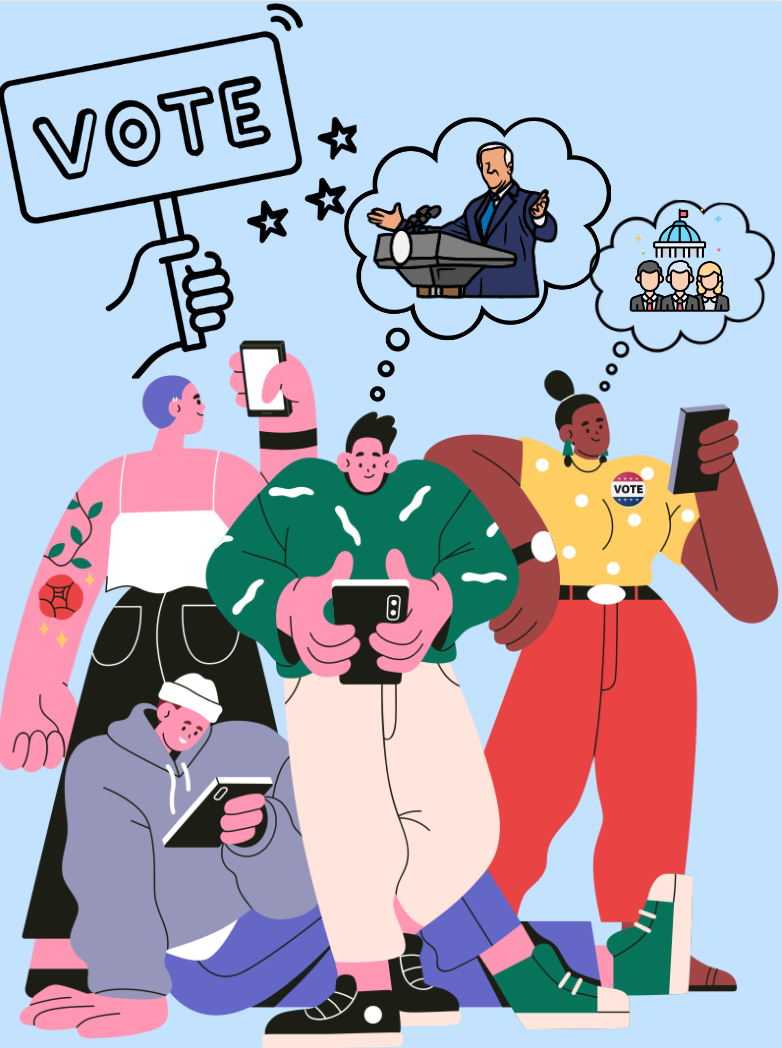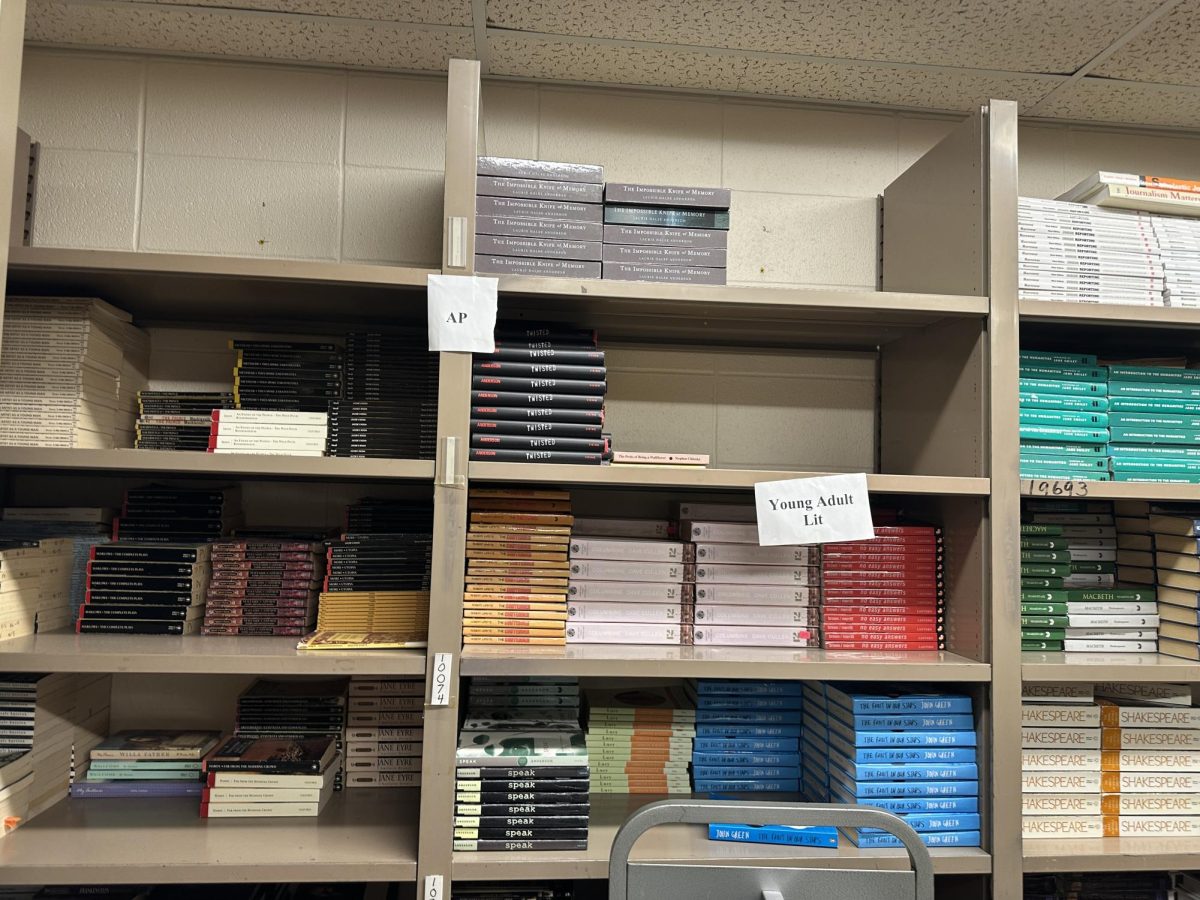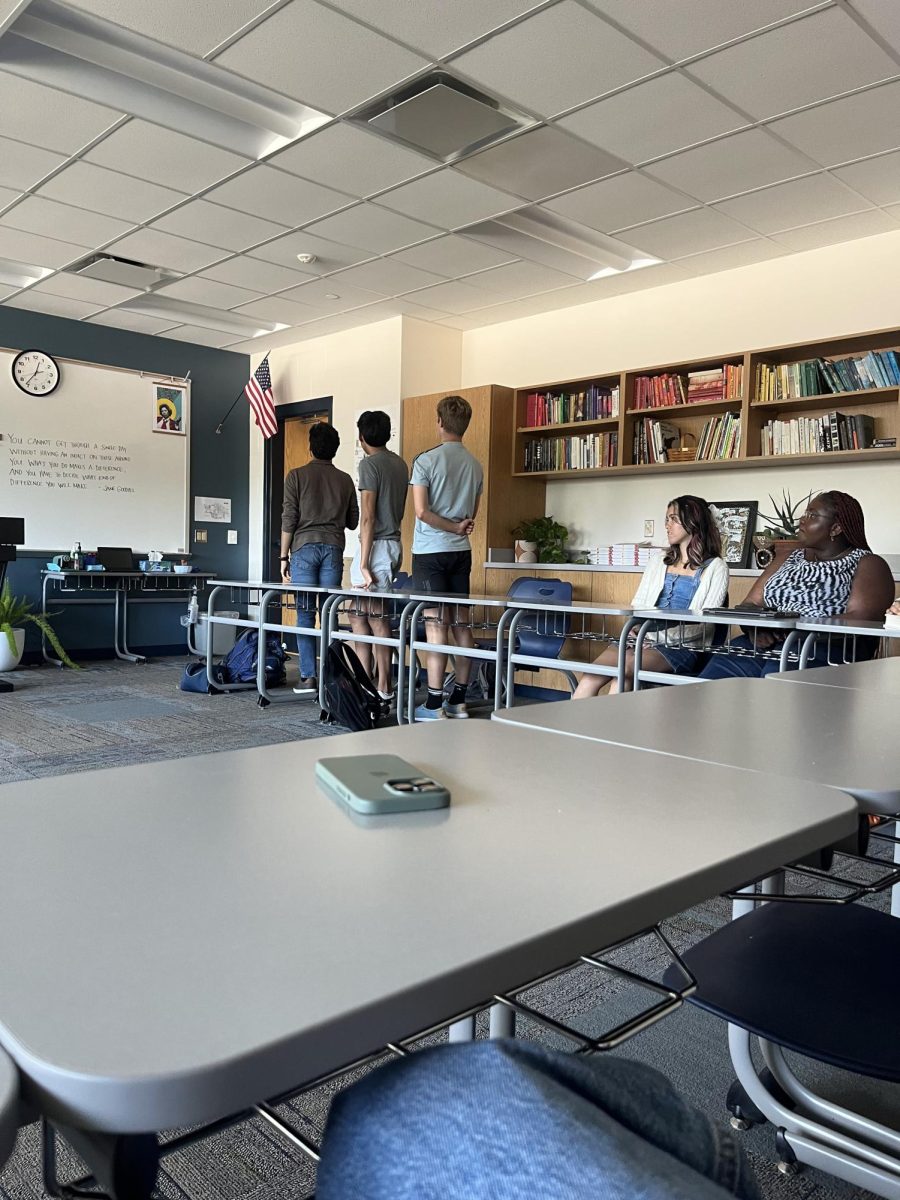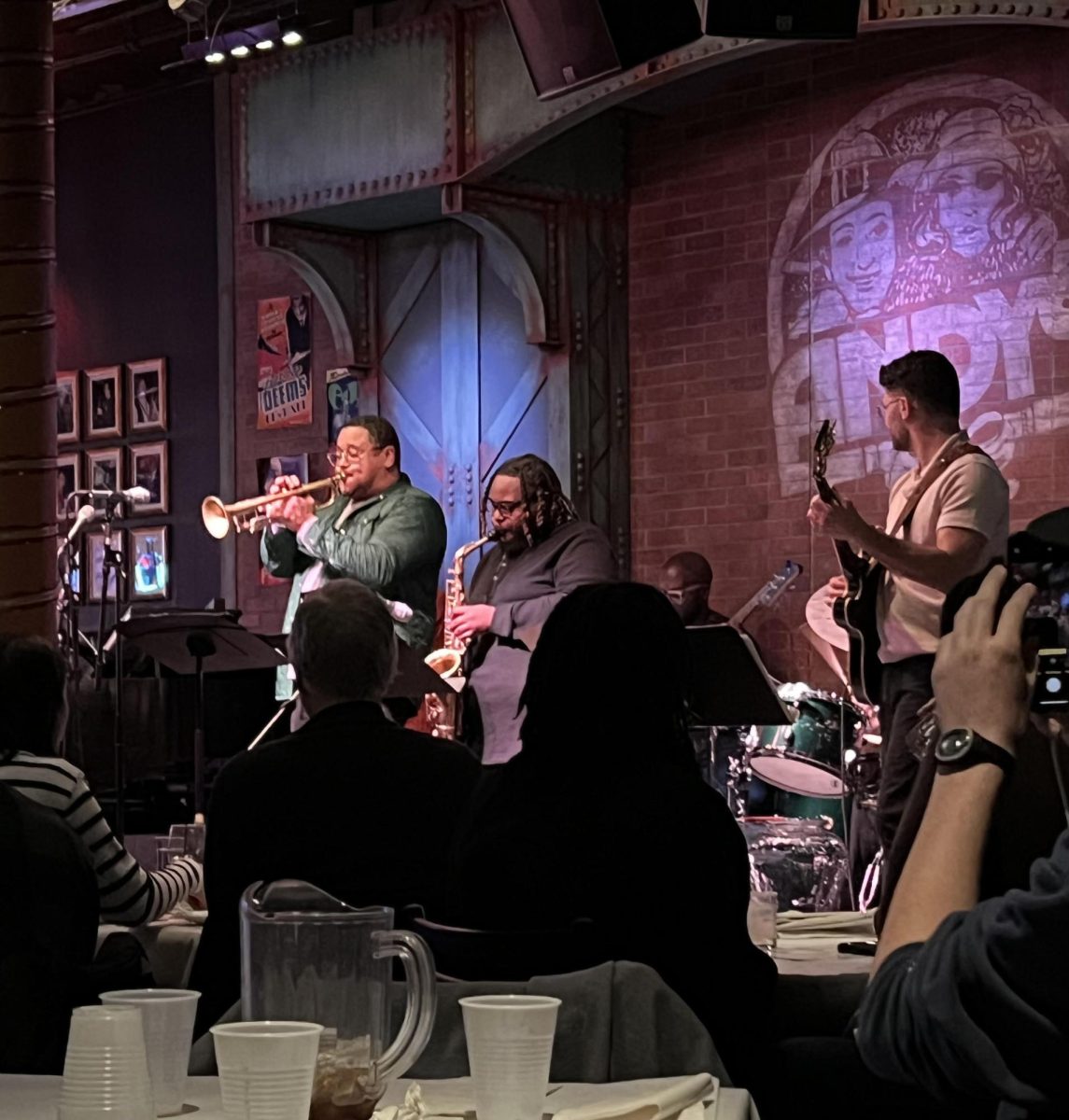The 2024 United States presidential election season has begun with both new and old candidates in the race.
With debates being conducted, political campaigns emerging, and new talk of rising candidates and their political goals, the discourse on social media is just beginning. And this is further proving how negative social media can be in the political space for the next generation of voters.
Social media has transformed the very nature of elections. These online platforms allow young people to get involved with political discourse and debates as over 50% of young adults and teens in America say they only get daily news from social media platforms.
Due to this, reading the news is becoming a foreign concept to most of the new voting generation, Generation Z, as senior Luci Patel explains.
“It’s easier to simply open Instagram on your phone, but not only is it a convenience matter but the news now is just propaganda and always filled with some agenda that our generation doesn’t want to waste our time on. ” Patel states.
While the news is heavily biased, social media isn’t as neutral as many young people think.
Heavy bias is still seen on social media, except instead of coming from right wing magazines or left wing radio stations, it’s from social media influencers and celebrities. While there are an equal number of both liberal and conservative news outlets, this is not the case for strong voices on social media.
The majority of Hollywood is left leaning, which plays a large role in how most of Gen Z thinks, as they are only exposed to one bias online. Senior Bobby Chiarelli believes younger generations are naturally more liberal minded due to these influences online.
“I think a lot of our generation, especially those online, share more liberal views because we often only hear one side of the story when receiving breaking news. This leads us to easily make assumptions because we don’t hear the full story,” Chiarelli explained.
And the reason the full story with both sides is usually not platformed is due to the demonizing and deplatforming of users who have less popular views. A TikTok posted by a user named Nicholas.Politics, a liberal political influencer, shows how his own heavy bias and that of the media immediately canceled influencers with different views instead of welcoming a productive conversation.
“I don’t think my political beliefs and opinions would change too much with a more equal bias online, but it would definitely give me more empathy if I actually got to see where the other side was coming from.” Chiarelli concludes. It’s hard to obtain unbiased news, but by receiving more equal bias, from both opposing views, young voters will have a much easier time finding their true stance on a subject.
Yet, with the lack of diversity of opinions with celebrities online, social media sways these young voters to all shift to one side of the political aisle before even understanding the other side. A lot of times, these young voters face heavy bias and fear of being referred to as a part of the ‘wrong side’ or gain the fear of getting canceled.
With more nuance and open political discourse on social media, Gen Z will have an easier time feeling open to having opposing views and forming their true opinions without feeling judgment.
Additionally the only ways to create change on these platforms is to encourage young people to not always listen to everything they hear online and normalize having opposing views.
Furthermore, social media is causing young people to have an even harder time with the news they consume because, unlike past generations, this new generation also has to deal with artificial intelligence and the extreme misinformation that comes with it.
While some videos, like a fake clip of President Joe Biden making tiktoks with Vladimir Putin, are clearly fake and easy for anyone to detect as false information, AI has become so advanced that other videos and images circulating through social media have users questioning what’s real and what’s fabricated.
Gen Z is noticing these quick advancements. User aivideolab posted a video showing a one year drastic difference in AI’s possibilities on TikTok. Misinformation and false claims regarding politics and the next election will only increase as artificial intelligence gains more knowledge and as information on social media posted through bot accounts or through users believing fake data increase.
Gen Z’s political knowledge could be in danger, setting up the potential to negatively impact election turnouts, as they are fed false information through AI and heavy bias online.















